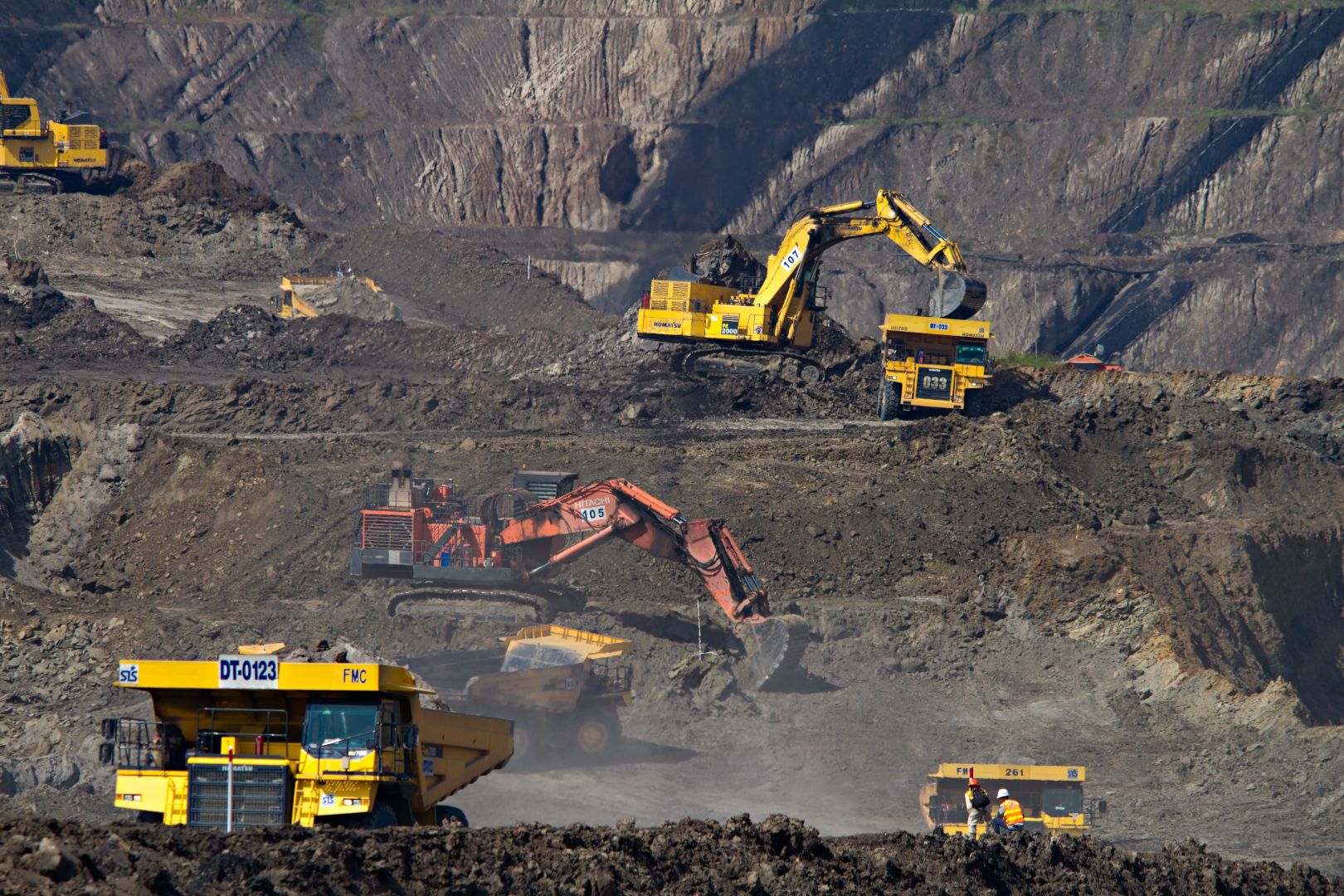Editor’s note: This article, which originally appeared in The Ecologist, clearly shows the strong contradiction between the bright green hope of a transition to “green energy” and the material reality. The dirty secret of “Green energy” is that it requires a lot of rare resources which have to be extracted by heavy mining.
By Hannibal Rhoades
Communities, organisations and academics write to the EU to reject plans for a mining-heavy EU Green Deal.
A global coalition of more than 180 community platforms, human rights and environmental organisations and academics from 36 nations is calling on the EU to abandon its plans to massively expand dirty mining as part of EU Green Deal and Green Recovery plans.
The EU policies and plans will drastically increase destructive mining in Europe and in the Global South if left unchanged, which is bad news for the climate, ecosystems and human rights around the world, the coalition explains.
“The EU is embarking on a desperate plunder for raw materials," says Meadhbh Bolger, the resource justice campaigner for Friends of the Earth Europe.
Transition
“Instead of delivering a greener economy, the European Commission’s plans will lead to more extraction beyond ecological limits, more exploitation of communities and their land, and new toxic trade deals. Europe is consuming as if we had three planets available.”
The signatories - coordinated by the European Working Group at the Yes to Life, No to Mining campaign - are united in support of an urgent and rapid transition to renewable energy.
However, they argue that relying on expanding mining to meet the material needs of this transition will replicate the injustices, destruction and dangerous assumptions that have caused climate breakdown in the first place.
Threats
“The EU growth and Green Deal plans must consider a deep respect of the rights of affected communities in the Global South, that are opposing the destruction of their lands, defending water and even their lives,” said Guadalupe Rodriguez, the Latin American contact person for the global Yes to Life, No to Mining solidarity network.
“A strong collective voice is arising from affected communities around the planet, denouncing hundreds of new mining projects for European consumption. Their urgent message needs to be heard in the North: yes to life - no to mining.”
Yvonne Orengo of Andrew Lees Trust, which is supporting mining affected communities in Madagascar, added: “Research shows that a mining-intensive green transition will pose significant new threats to biodiversity that is critical to regulating our shared climate. It is absolutely clear we cannot mine our way out of the climate crisis.
Circularity
“Moreover, there is no such thing as ‘green mining’. We need an EU Green Deal that addresses the root causes of climate change, including the role that mining and extractivism play in biodiversity loss.”
The statement sets out a number of actions the EU can take to change course towards climate and environmental justice, including recognising in law communities’ Right to Say No to unwanted extractive projects and respect for Indigenous Peoples’ right to Free, Prior and Informed Consent.
Joám Evans, from the Froxán community in Galicia, said: “Communities fighting at the frontlines of extraction are forcing minerals to stay in the ground. This is critical for helping us take circularity seriously and rethink the ideology of growth. Communities have a right to say no and will enforce it regardless of greenwashing, corruption and repression.”
Realign
Other recommendations take aim at EU overconsumption of minerals and energy, calling for binding targets to reduce EU material consumption of materials in absolute terms and for just de-growth strategies, not ‘green growth’ or ‘decoupling’, to be placed at the heart of EU climate and environmental action.
Diego Marin of the European Environmental Bureau concluded: “Simply put, we need to drastically reduce the amount of resources used and consumed in the EU and move to truly circular solutions.
“Legislation like the EU battery regulation is a step in the right direction, but must go further. Transport decarbonisation, decarbonisation of all kinds, in fact, can only be achieved with a strong reduction in demand. We need to realign our priorities to meet climate goals.”
This Author
Hannibal Rhoades is YLNM contact person for Northern Europe and head of communications at The Gaia Foundation (UK).
